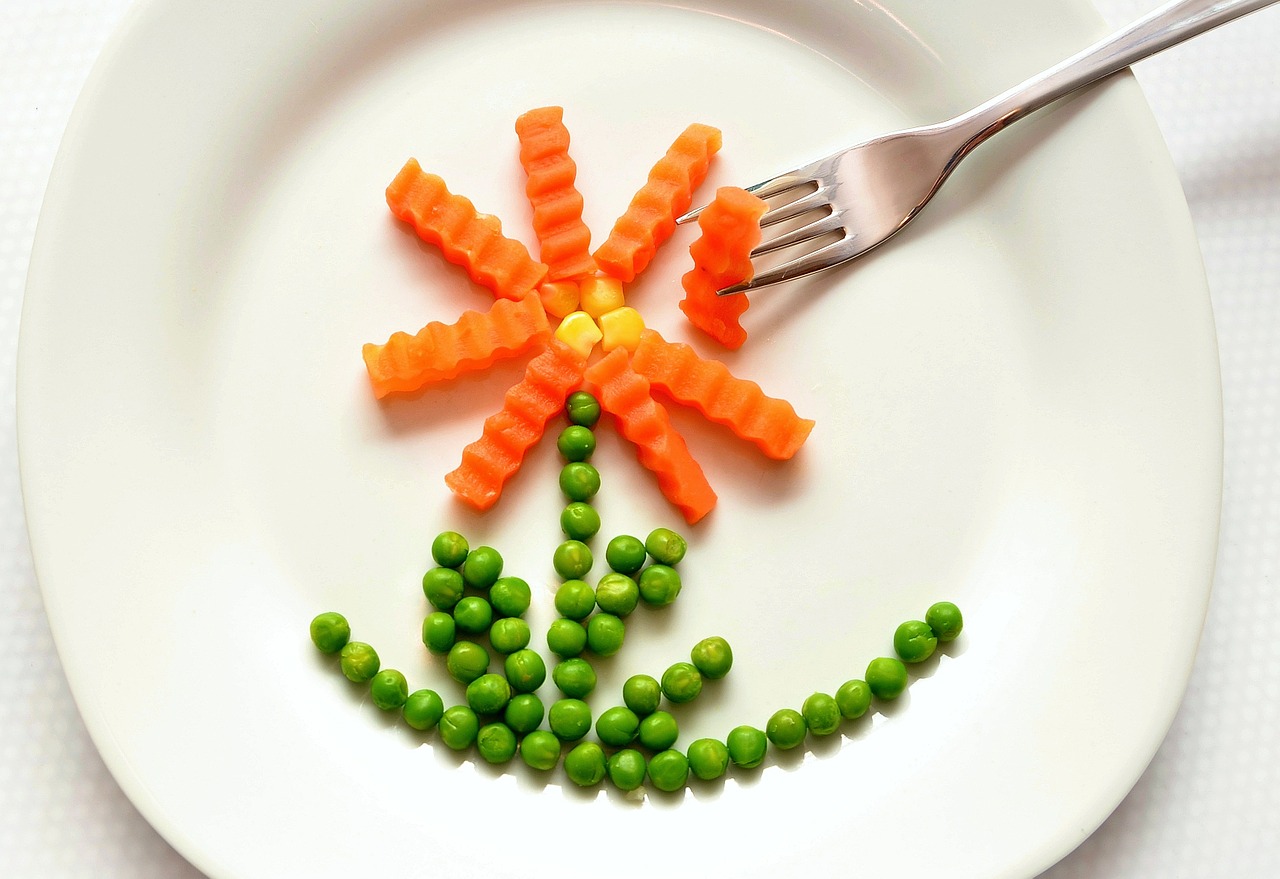
World Health Day: Tips for avoiding food poisoning
Today is World Health Day, which this year focuses on food safety, Mas Que Salud wants to place special emphasis on prevention.
Prevention is one of the main keys to prevent diseases caused by viruses, parasites, bacteria or chemical substances found in food. Hospital Vithas International Medimar shares with us 10 tips to avoid food poisoning.
- High temperatures accelerate the deterioration of food. Pantries should be cool and dark.
- Cleaning the refrigerator is essential, if liquid is spilled or clean food debris to prevent bacterial overgrowth. It is also advisable to maintain proper refrigerator temperature. It is recommended not to overfill the refrigerator, and will facilitate the air to circulate freely through the interior of this.
- Store food in airtight containers suitable. Do not reuse bags that have previously contained raw meat or fish.
- The freezer should be below 0 ° C, use appropriate containers and label them with the date, type of food and weight or number of servings. Do not refreeze stews, soups and stews.
- Wash fruits and vegetables before eating.
- If you have any wound or cut in the skin is advisable to wear gloves for cooking.
- When shopping pay attention to food. Never buy food with damaged or out of date, bulging cans or a strange color wrappers.
- Both meat and fish should go to the supermarket to the refrigerator, keep the cold chain is essential.
- Avoid contact between raw and cooked foods: a cooked food can become contaminated by contact with raw food.
- adequate hand washing should be performed before and after handling food and caution in handling especially in hot weather.
Below you can check out the graphics of the Spanish Society of Infectious Diseases and Clinical Microbiology (SEIMC). This infographic includes data from toxic food infections, and prevention tips you need to consider.
As we see handwashing is part of preventive measures, a task seemingly simple but not always perform correctly. Something as simple as opening the tap and avoid using soap one in four deaths from respiratory infections in children and halve the number of under five deaths from diarrhea. Wash hands regularly, making sure they are completely clean, is undoubtedly the best way to reduce the amount of germs of these. Also avoid the spread of germs that cause common illnesses such as colds, stomach pain or infections in the skin and eyes.
How to wash your hands properly
The technique of hand washing is carried out quickly and easily in just four steps:
1.Wet your hands with clean warm water to the wrists.
- Rub the palms vigorously (best with liquid soap), fingers, nails of both hands and wrists, between 15 to 20 seconds.
- Rinse with water.
- Dry them with a clean dry towel. If you’re not shake them until dry towel.
Remember that before making hand washing should remove any item that prevents any cleaning, rings, bracelets, etc. The soap does not have to be antibacterial.
Hand sanitizer
If you have no hand soap water or use a hand sanitizer alcohol base containing at least 60% alcohol. Quickly reduce the amount of germs on hands, though not eliminate all types of germs.
How to apply hand sanitizer?
- Apply the product to the palm of one hand and rub with the other (the amount depends on the manufacturer).
- Divide the disinfectant on the surfaces of hands and fingers until they are completely dry.
Studies show that hand washing is one of the most effective, simple and inexpensive ways to prevent disease. Now you know what are the precautions that you should take to avoid food poisoning and enjoy food safely!
Our manifesto: be healthy
From Mas Que Salud also want to contribute to the World Health Day with this infography, our manifesto healthy lifestyle. And remember, medical checkups are important if we want to lead a healthy life. Prevention is the best guarantee!
Happy 7 April, World Health Day!



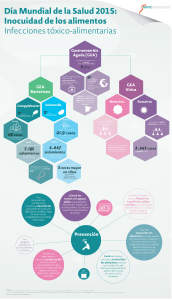
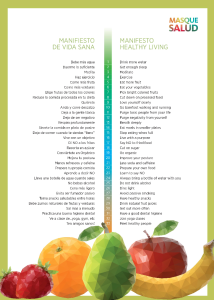
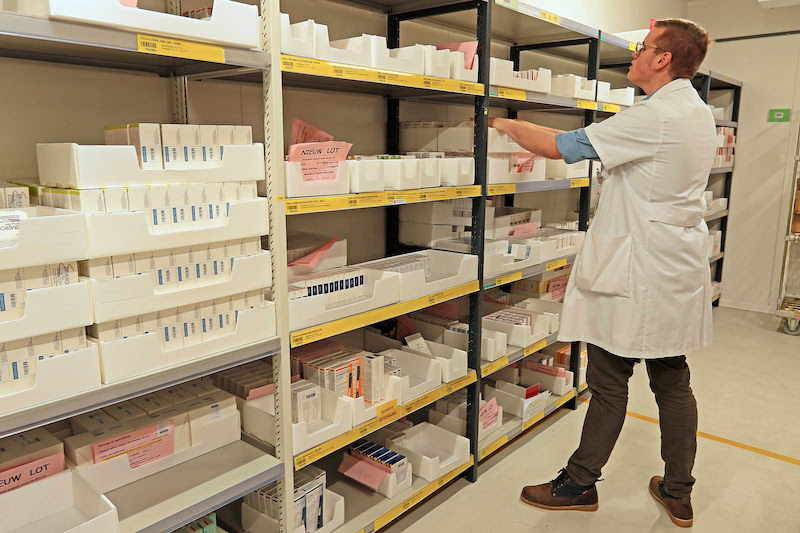
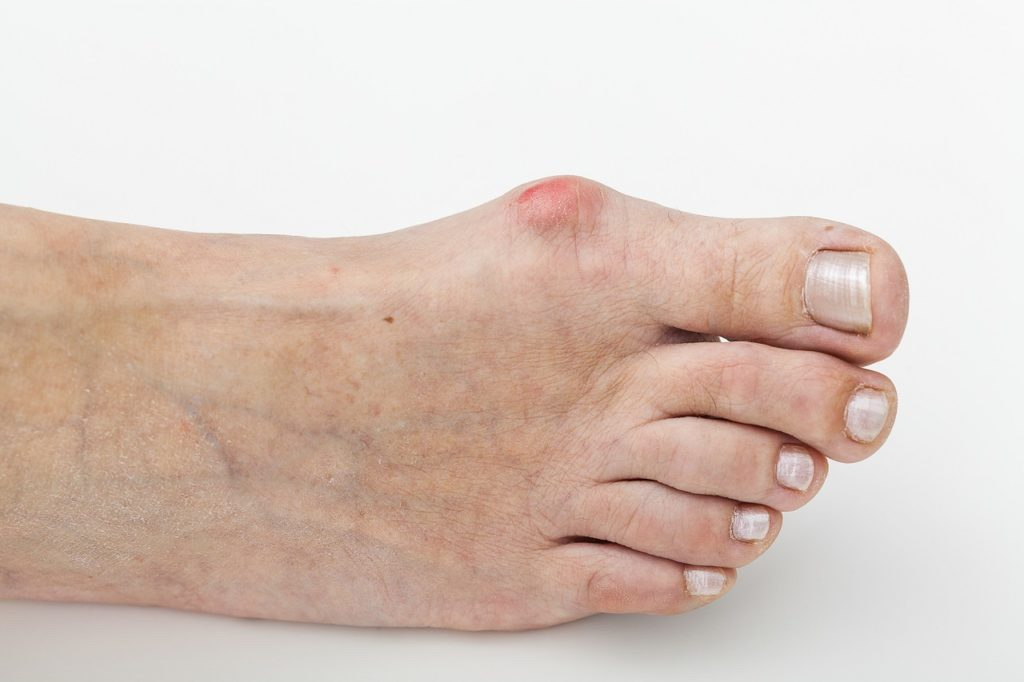
Pingback: Norwegian Skrei cod spanish way - Revista - Mas Que Salud -Toda la actualidad en salud y artículos de estilos de vida